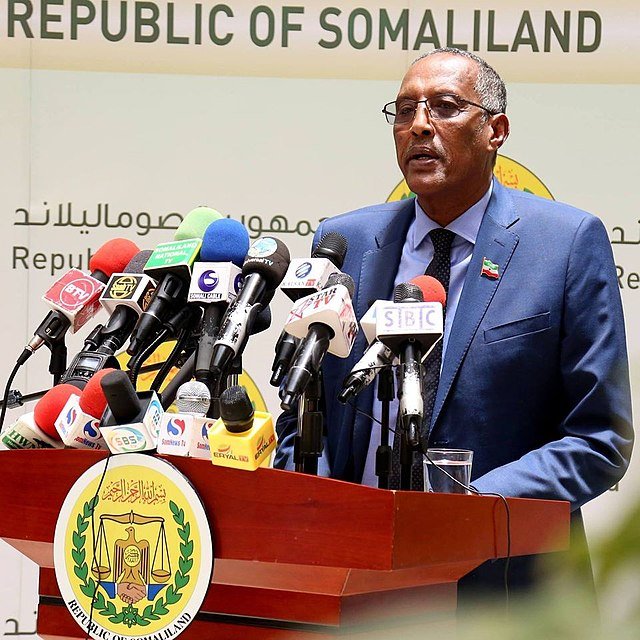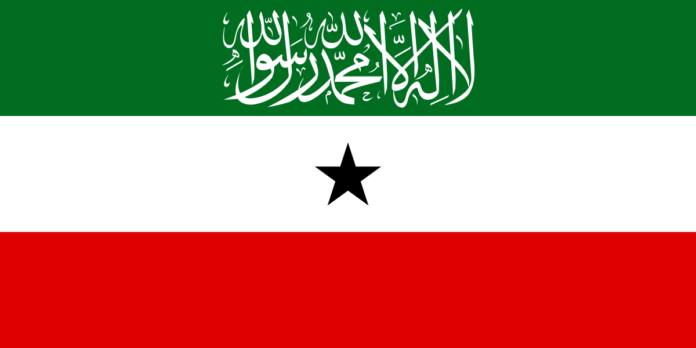As at yesterday, election workers in Somaliland were counting ballots after Wednesday’s presidential election. The exercise is the fourth since the region broke away from Somalia three decades ago. The election commission said voting day had passed without any negative incident.
Incumbent President, Muse Bihi is seeking a second term in office. He was challenged by opposition leader Abdirahman Mohamed Abdullahi of the Waddani Party, and Faisal Ali Warabe of the smaller UCID party.
Preliminary results are not expected until late today, Friday, with final tallies expected in a week’s time.
Some say that the voting in Somaliland comes amid regional tensions and hopes for international recognition after 30 years of self-rule.
Voters in Somalia’s breakaway region of Somaliland have gone to the polls to choose a president in a key election that was delayed for two years.
More than 1 million people were expected to cast votes at more than 2,000 polling stations. Eyeing a controversial deal with Ethiopia and Donald Trump’s presidency in the United States, candidates have said they hope to finally deliver international recognition for Somaliland after more than three decades of de facto self-rule.

President Muse Bihi Abdi of the governing Kulmiye Party is seeking a second term after seven years in office, during which he has pushed that recognition bid.
The election was dominated by a deal granting Ethiopia access to 20 kilometers of the Gulf of Aden coastline in exchange for recognition. Somalia has called the agreement a violation of its sovereignty and territorial integrity.
Mogadishu has since sought the assistance of Egypt and Eritrea to counter Addis Ababa.
Despite living autonomously for over thirty years, no single country recognizes Somaliland’s independence. Its leaders are hoping that this election brings the region closer to international recognition.
Occupying a strategic position near the entryway to the Red Sea on the northwest point of Somalia, Somaliland unilaterally declared independence in 1991. It has been more stable and peaceful than the remainder of the country since.
The self-proclaimed republic has its own money, passports, and army. However, it is not recognized by any country in the world, restricting access to international finance and the ability of its six million people to travel.
The government in the capital, Hargeisa, hopes to soon finalize a controversial deal with neighbouring Ethiopia. If signed come January 2025, the deal would grant Addis Ababa Sea access. In return, landlocked Ethiopia would provide an “in-depth assessment” of recognition.
We wish the new Republic of Somaliland peaceful and credible elections as her people surge towards a stronger democracy and finally global recognition.




